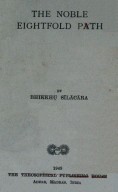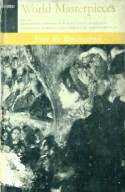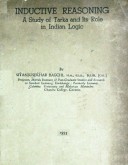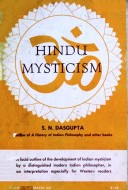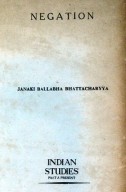Tìm Sách
Sách tiếng Anh-English >> The Noble Eightfold Path
Thông tin tra cứu
- Tên sách : The Noble Eightfold Path
- Tác giả : Bhikkhu Silacara
- Dịch giả :
- Ngôn ngữ : Anh
- Số trang : 169
- Nhà xuất bản : The Theosophical Publishing House-India
- Năm xuất bản : 1949
- Phân loại : Sách tiếng Anh-English
- MCB : 1210000003572
- OPAC :
- Tóm tắt :
INTRODUCTION
Twenty-five centuries ago on a full-moon day of the month of Asãdha, in the deer park Isipatana, now Samath near Benares, there was enacted a memorable scene. For there the Lord Buddha, after attaining Enlightenment, preached His first sermon, the Discourse of the Setting in Motion the Wheel of Righteousness. In that sermon the Lord pointed out the Way, and established on a broad imperishable basis, His Kingdom of the Law.
The teaching of the Lord Buddha stands unique in the world, because He alone of the Great Teachers laid supreme emphasis on the capability of each man to work out his own salvation, independent of Gods and priests and rituals. For man’s sorrow is of man’s making alone; the cause of it is the craving for Bensation, the desire for separateness and for identification with “the will to live”; the remedy is to put an end to that thirst, and the method is the Noble Eightfold Path. This Eightfold Path has stood the test of time; century after century men have trodden it, and testified that in the treading they have found peace.
The power in the Lord Buddha’s message lies in the fact that He taught men to still their outward and inner natures by a life of charity and compassion; for when the storm v within has subsided because a man no longer breaks the Five Promises, then the Way is clear before him. From within a man’s own heart will shine the light he needs to illumine his way, for within him is “the Way, the Truth, and the Life.” What the Lord did was to mark out step by step the road to discover this light within. As He had discovered it Himself through many a life of striving, so He pointed’ it out to those He came to save. But He could save none who would not themselves “work out their own salvation with diligence.” He could but point out the Way, and no more. But to this He testified with His life—that what He found all could find who would tread the Way.
That is why we Buddhists reverence the Lord, and say, “I take my Refuge in Buddha.” For He gave us the greatest gift He had to give, “the gift of the Law,” that eternal, immutable Law in nature which moves the sun and the stars as the Law of Evolution, and moves too in the hearts of men as the Law of Love. In many ways this Law reveals itself in the world of men; it is the Wisdom of the East and the Science of the West; it is the Harmony of the Artist and the Polity of the Statesman who loves his fellow-men; but to us Buddhists it is above all things the Noble Eightfold Path, “…which brings to peace; By lower or by upper heights it goes; The firm soul hastes, the feeble tarries. All will reach the sunlit snows.”
All will reach the sunlit snows—so rings out triumphantly the Voice of the Lord. Blest we, if listening to that Voice we understand.
C. Jinarajadasa
CONTENTS
Introduction
- Right Understanding
- Right Mindedness
- Right Speech
- Right Action
- Right Livelihood
- Right Endeavour
- Right Recollectedness
- Right Concentration
 Facebook
Facebook
 Google
Google
 Google+
Google+
